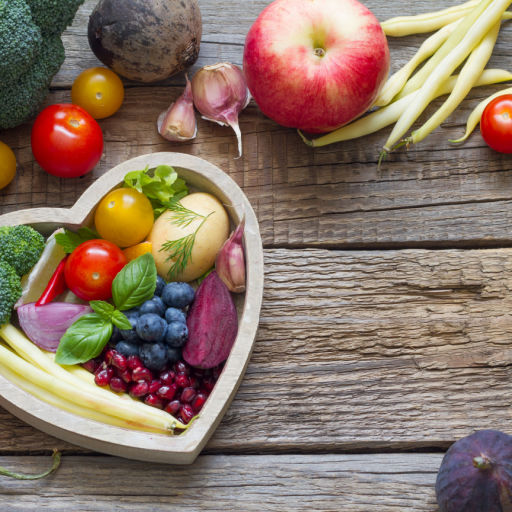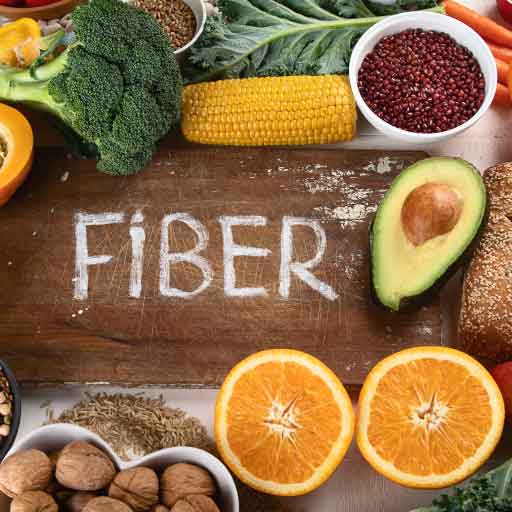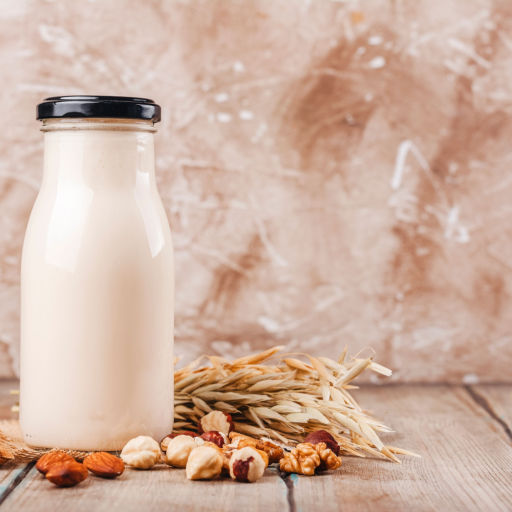Healthy cholesterol levels are very important for our well-being. Unhealthy cholesterol levels can expose you to increased risks of heart disease. Typically, proper medication and lifestyle changes can keep your cholesterol levels in check. However, there are other alternatives that you can use to do the same, like adding plant sterol or phytosterols to your diet. Plant sterol is a natural substance that you can find in veggies, fruits, nuts, and grains. Foods with sterols and stanols can benefit your heart and overall well-being.
इनके बारे में जानें:
- What are phytosterols?
- Food sources of phytosterols
- Phytosterols benefits for your health
- How do phytosterols help with cholesterol?
- Safety and potential side effects of phytosterols
What are phytosterols?
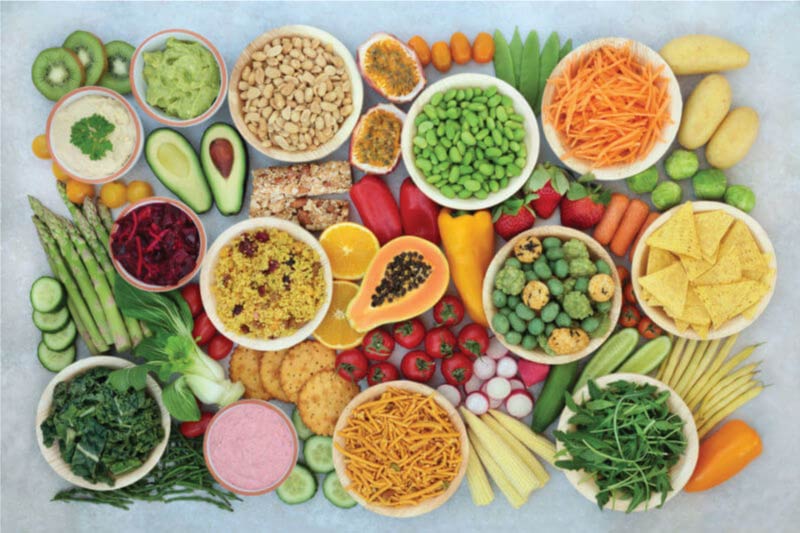
Phytosterols, or plant sterols, are plant-derived compounds similar to cholesterol. Its structure allows phytosterols to disrupt and minimize cholesterol absorption in our bodies. This interference results in cholesterol uptake, particularly LDL (bad) cholesterol, which contributes to ह्रदयरोग.
Phytosterols benefit your heart health by absorbing cholesterol in the gut, reducing the amount of cholesterol that enters the bloodstream. Therefore, consider consuming at least 2 grams of plant sterols daily.
While plant sterols are good for the majority, some people can experience a few side effects. they include:
- Sudden diarrhea or excess fat in stools.
- High plant sterol levels can expose some people to premature atherosclerosis.
Different types of phytosterols
Two main forms of phytosterols exist today. Here is a short list of them.
Plant Sterols
They are typically found in plant-derived stanols like vegetables, fruits, and legumes. You can find this form in supplements.
Stanol Esters
Stanol esters are made by mixing fatty acid and sterol. Esterification helps plant stanol to become more fat soluble.
Food sources of phytosterols
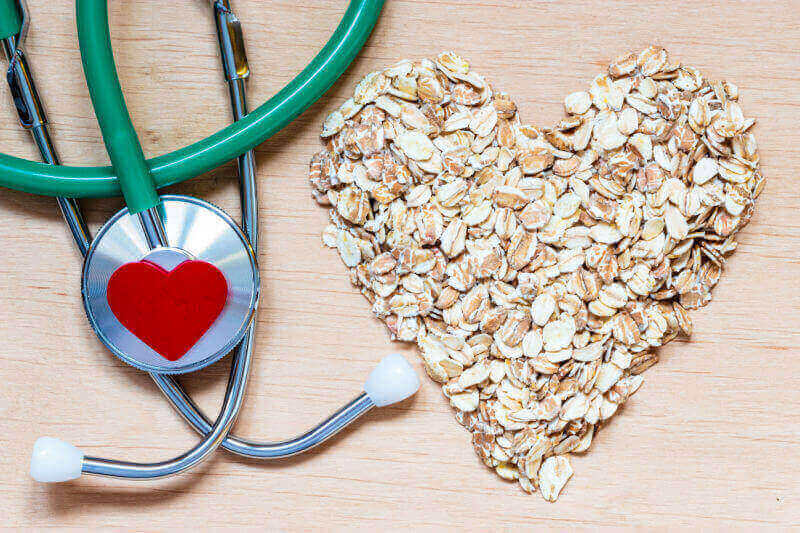
If you want to consume a good amount of phytosterols to keep cholesterol at bay, here are the best food sources:
फल
Berries, citrus fruits, apples, and avocados are good sources of phytosterols.
सब्जियां
Dark leafy greens, broccoli, Brussels sprouts, and cauliflower are rich in phytosterols.
नट्स और सीड्स
Almonds, walnuts, flaxseeds, chia seeds, and pumpkin seeds are excellent sources.
साबुत अनाज
Oats, brown rice, whole wheat, and barley contain phytosterols.
Legumes
Beans, lentils, and chickpeas are also good sources of phytosterols.
Phytosterols benefits for your health
Eating a decent amount of phytosterols benefits your health significantly! Let’s go over them below:
Antioxidant allies
Some phytosterols act as antioxidants, protecting your body against oxidative stress. Stress is linked to many diseases, like cardiovascular diseases, mental health conditions, and even cancer! The antioxidant activity of phytosterols aids in reducing the risk of these conditions and promotes healthy cellular growth.
Anti-inflammatory properties
Chronic inflammation is a symptom of diseases like diabetes and दिल की बीमारी. Fortunately, phytosterols come to the rescue again. Phytosterols benefit chronic inflammation situations and promote overall health. By including phytosterol-rich foods in your diet, you can lower inflammation levels.
Cholesterol champion
Phytosterols are renowned for their cholesterol-lowering effects. They absorb healthy cholesterols from the intestines and prevent excessive cholesterol from entering the bloodstream. As a result, you can significantly decrease LDL cholesterol levels by incorporating phytosterols into your diet.
In people with sitosterolemia (excessive absorption of plant sterols), high plant sterol levels have been associated with an increased risk of premature atherosclerosis.
How do phytosterols help with cholesterol?

Several resources have proven that phytosterols have many therapeutic and medicinal values. However, phytosterols do not directly affect गुड कोलेस्ट्रॉल लेवल.
Plant sterols and phytosterols are biologically active products that efficiently decrease harmful cholesterol levels (LDL). Ideally, phytosterol should substitute for LDL deficiency and heart health. Make sure to consult with your doctor before integrating phytosterols into your diet.
Safety and potential side effects of phytosterols
Generally safe for most people, phytosterols can occasionally cause side effects, particularly when consumed in large amounts. These can include gastrointestinal issues such as diarrhea or constipation.
Phytosterols may impair the absorption of specific vitamins and antioxidants, necessitating careful dietary planning to ensure nutritional balance.
Stay tuned to the Activ Living Community. Keep updated with the latest health tips and trends through expert videos, podcasts, articles, and much more on पोषण, फिटनेस, सचेतन, और लाइफस्टाइल से जुड़ी बीमारियां like Asthma, Blood Pressure, Cholesterol, and Diabetes. Activ Living ke saath sahi sehat ki shuruaat ABHIkaro.
You may also be interested in the following blogs:
- Control Your Cholesterol. Know How You Can Reduce LDL Cholesterol Levels
- कोलेस्ट्रॉल कम करने के लिए 8 प्राकृतिक सेहतमंद ड्रिंक्स क्या हैं?
Popular Searches
How to lower blood pressure | Fruits good for liver | Unhealthy foods | रागी के लाभ | बेसल मेटाबोलिक रेट | हाई ब्लड प्रेशर के लिए एक्यूप्रेशर पॉइंट्स | Ayurvedic medicine for blood pressure | How to control cholesterol at home | Homeopathy for Asthma | Biological Age | Home remedies for TB | Natural beta blockers | Negative effects of internet | Types of walking | ब्लड प्रेशर कैलकुलेटर | ब्लड शुगर कैलकुलेटर | BMI कैलकुलेटर





 1800-270-7000
1800-270-7000


